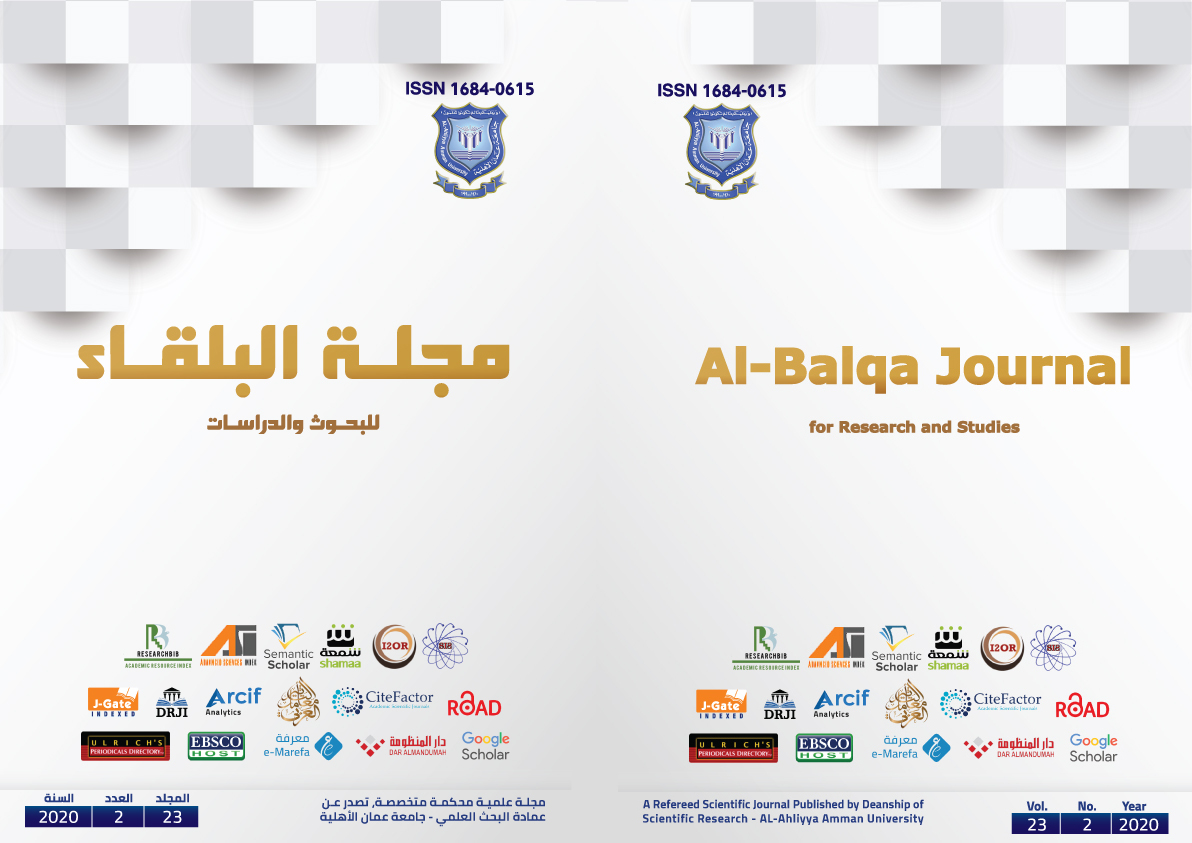Al-Balqa Journal for Research and Studies البلقاء للبحوث والدراسات

Review of the curving Techniques to Evaluate University Test Scores: A critical and Analytical Study
Abstract
This study presents a critical review of the proposed mathematical methods for curving students scores. Through the presentation of these methods, the study attempts to ask key questions such as: the causes of dispersion in the tests results, the criteria and principles on which the curving methods are based, the limits of application of these methods. The study also attempts to examine the role of the cognitive level of the student, the subjective factors related to the process of learning and teaching, the conditions of admission and registration in the university programs, and the impact of the above on the results of the tests and the education outcomes. After the presentation and analysis, the study came up with a set of ideas that could be summarized in the following points: The importance of considering the instructional aspect in the teaching process and taking care of the students biography before joining the university program. The need for ongoing review of the educational environment and its components to develop its forms and tools. The importance that the educational project meets the needs of the labor market and responds to the needs of human development. In the recommendations, the study also noted the importance of developing student curving methods based on analytical studies of previous tools and assessment methods
Recommended Citation
Rahma, Afif and Barguil, Sophie
(2020)
"Review of the curving Techniques to Evaluate University Test Scores: A critical and Analytical Study,"
Al-Balqa Journal for Research and Studies البلقاء للبحوث والدراسات: Vol. 23:
Iss.
1, Article 6.
Available at:
https://digitalcommons.aaru.edu.jo/albalqa/vol23/iss1/6
Included in
Applied Ethics Commons, Banking and Finance Law Commons, Criminology and Criminal Justice Commons, Geography Commons, History Commons, International and Area Studies Commons, Other History of Art, Architecture, and Archaeology Commons, Public Affairs, Public Policy and Public Administration Commons, Reading and Language Commons, Religion Commons, Tourism Commons

